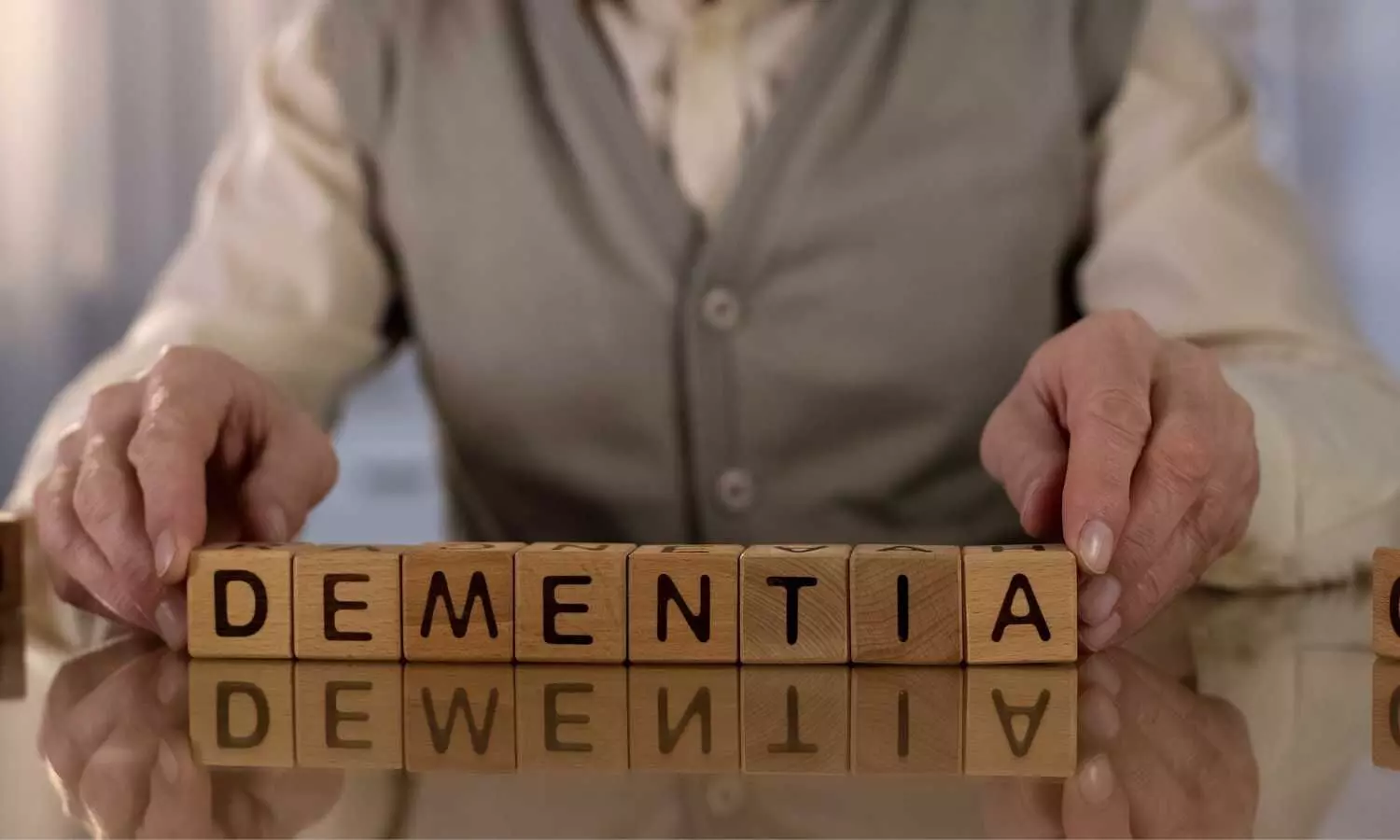Study finds early menopause is associated with increased risk of dementia
- byDoctor News Daily Team
- 21 October, 2025
- 0 Comments
- 0 Mins

A new international study led by University of Galway has found that enteringmenopauseat an earlier age is associated with an increased risk ofdementia. The research also showed thathormone replacement therapy(HRT) after menopause appears to be associated with a reduced risk of dementia. The findings have been published today in theJournal for Alzheimer’s Disease. The research team from University of Galway and Boston University carried out the study with 1,329 cognitively healthy women from The Framingham Heart Study - the world’s longest running longitudinal cohort study - to analyse the association between reproductive factors and markers of brain aging. •Entering menopause at an earlier age is associated with an increased risk of dementia. • HRT after menopause appears to be associated with a reduced risk of dementia. • Greater exposure to estrogen over the reproductive lifespan was associated with enhanced cognitive performance and larger brain volumes. • Having more children, higher blood oestrogen levels and being older at the time of menopause were also associated with better cognitive test performance, specifically better visuospatial skills - the ability to perceive, analyse and mentally manipulate visual and spatial information. Professor Emer McGrath, lead author and Associate Professor in Medicine, College of Medicine, Nursing & Health Sciences, University of Galway, and Consultant Neurologist, Galway University Hospital, said:“Our study explored the association between reproductive and hormonal factors across a woman’s lifespan and risk of brain aging. We looked at neurocognitive and neuroimaging markers from MRI brain scans, as well as cognitive test performance, including tests of memory, reasoning skills and visuospatial skills. We also looked at the future risk of dementia in relation to these reproductive factors. “We found that entering menopause at an earlier age appears to be associated with an increased risk of dementia, while post-menopause hormone replacement therapy appears to be associated with a lower risk of dementia. Although our results suggest positive cognitive benefits of greater lifetime estrogen exposure, they do require further validation.” Women have a higher risk of dementia compared to men, with women accounting for almost two thirds of those living with Alzheimer’s disease. The research involved women from the Framingham Heart Study and investigated the age at the time of a woman’s first period; the age at onset of menopause; the duration of a woman’s reproductive lifespan; levels of oestrogen in the blood; and whether a woman used post-menopausal hormone replacement therapy or not. These factors were then related to performance on neurocognitive testing, signs of brain shrinkage on MRI scans and a woman’s future risk of developing dementia. Professor Emer McGrath said:“When we explored signs of brain ageing on MRI brain scans, we also found that having more children was associated with larger brain volumes, including in the areas we tend to see shrinkage in Alzheimer’s disease.” Despite its public health importance, our understanding of an association with sex related differences in Alzheimer’s disease and related dementias significantly lags behind that in the cardiovascular field. While longer life expectancy in women may explain some of the higher risk in women, factors including reproductive health and hormonal levels in women may play an important role. Emer R McGrath , Matthew R Scott, The association between reproductive factors and neurocognitive and neuroimaging markers of brain aging, Journal for Alzheimer’s Disease, https://doi.org/10.1177/13872877251372430
Disclaimer: This website is designed for healthcare professionals and serves solely for informational purposes.
The content provided should not be interpreted as medical advice, diagnosis, treatment recommendations, prescriptions, or endorsements of specific medical practices. It is not a replacement for professional medical consultation or the expertise of a licensed healthcare provider.
Given the ever-evolving nature of medical science, we strive to keep our information accurate and up to date. However, we do not guarantee the completeness or accuracy of the content.
If you come across any inconsistencies, please reach out to us at
admin@doctornewsdaily.com.
We do not support or endorse medical opinions, treatments, or recommendations that contradict the advice of qualified healthcare professionals.
By using this website, you agree to our
Terms of Use,
Privacy Policy, and
Advertisement Policy.
For further details, please review our
Full Disclaimer.
Recent News
AIIMS INI SS January 2026: 4 seats added in 2 spec...
- 01 November, 2025
Treatment in Myocardial Infarction and Non-Obstruc...
- 01 November, 2025
PG medical admissions 2025 commence in Bihar, chec...
- 01 November, 2025
Assam to begin NEET PG 2025 counselling from Novem...
- 01 November, 2025
Daily Newsletter
Get all the top stories from Blogs to keep track.


0 Comments
Post a comment
No comments yet. Be the first to comment!